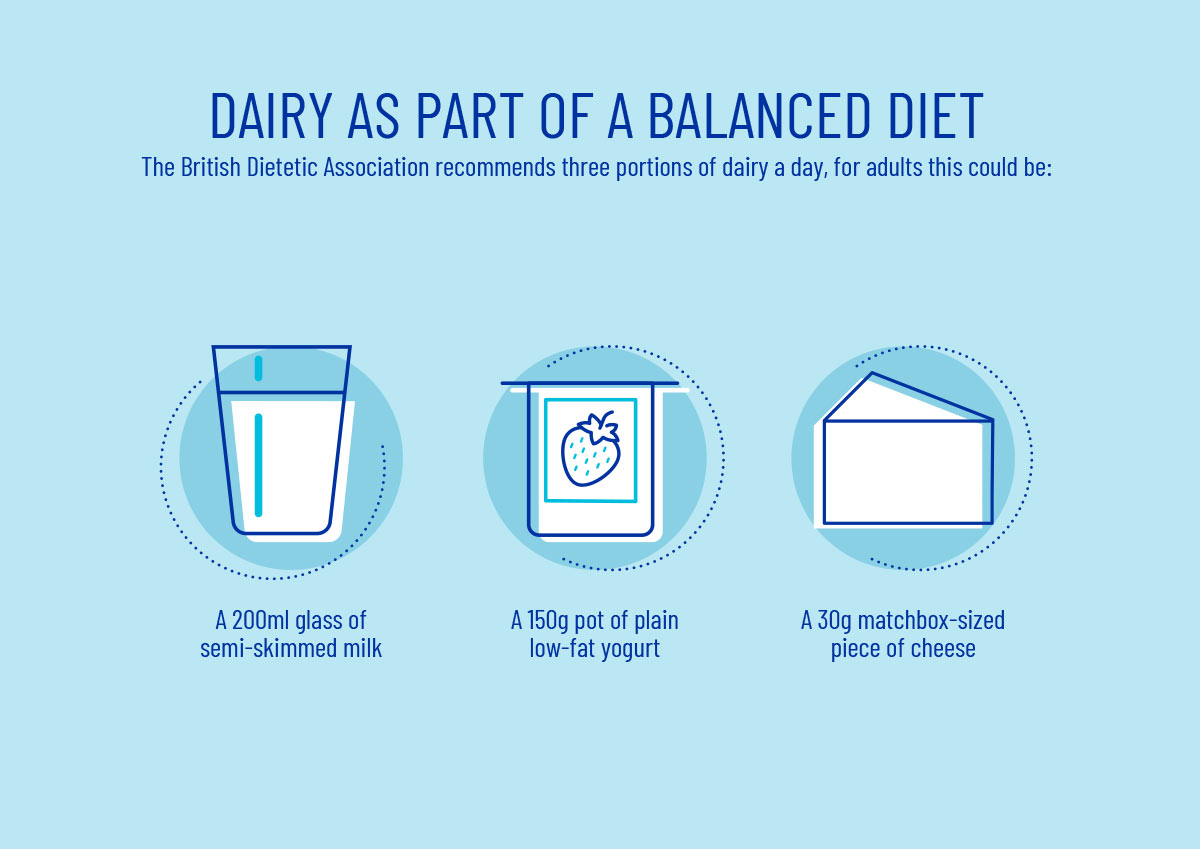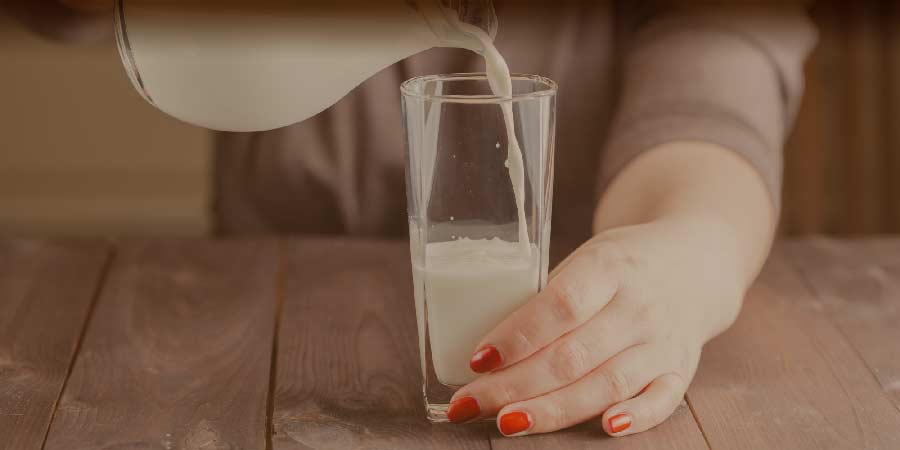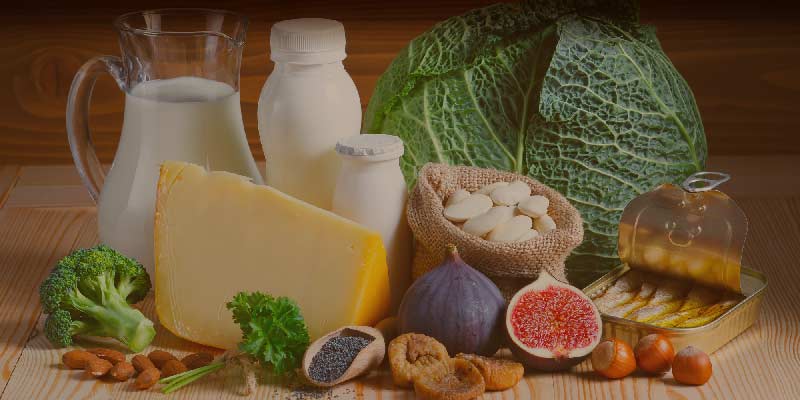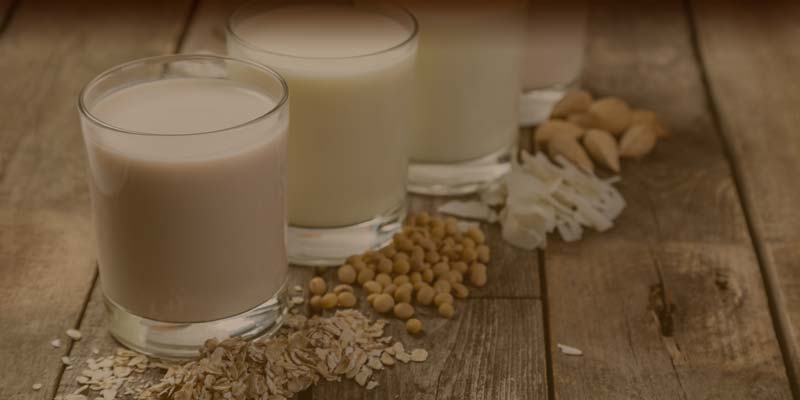Dairy might not be the first group of foods that springs to mind when thinking about gut health. But certain products such as yogurt and fermented milk drinks may have an important role to play.
The gut is another name for the digestive system which breaks down the food we eat into its individual nutrients. These are absorbed into our blood where they’re transported around the body and dropped off to the cells that need them to keep us alive and well. It’s also where most of our immune system is found.
But our gut is also home to trillions of bacteria that live mainly in our large intestine. This unique community of bacteria, which scientists call our gut microbiota, helps to keep our digestive and immune systems healthy. For example, our gut microbiota can make vitamins, break down toxins and produce substances that help to keep the gut wall healthy.
When our gut microbiota is packed with a diverse and plentiful supply of good bacteria, we are more likely to be well. In contrast, when our gut bacteria are out of whack, our digestive and immune systems may not work at their best.
Various things can affect the amount, type and diversity of bacteria in our gut. For example, medications such as antibiotics can destroy some of the beneficial bacteria that live in our gut, as well as the ‘bad’ bacteria they’re prescribed for when we are unwell.
Unsurprisingly though, what we eat affects both the amount and mix of bacteria in our gut – and any changes we make to our diets will affect this balance. Research in this area is ongoing, but so far studies suggest the following probably improve the balance of bacteria in our gut…
Enjoying a healthy, balanced diet

A diet that’s healthiest for our whole body is healthiest for the good bacteria in our gut, too. Base meals on starchy, fibre-rich carbs, eat at least five portions of fruit and veg every day and enjoy small amounts of lean protein-rich foods, including from plant sources. Including dairy products every day is an important part of a balanced diet, too. The British Dietetic Association recommends three portions a day, where an adult-sized portion is…
- A 200ml glass of semi-skimmed milk
- A 150g port of plain low-fat yogurt
- A 30g matchbox-sized piece of cheese
At the same time, limit highly processed foods that are high in fat, added sugars and salt.
Eating more high-fibre foods
Most of us don’t have enough fibre in our diet – we should be having 30g a day but most of us only manage an average of 20g a day. The body can’t digest fibre so it passes through our body and ends up in the large intestine. Here, some types of fibre help to feed the good bacteria in our gut helping them to grow and flourish. Good sources of fibre include wholegrain cereals and bread, wholewheat pasta, brown rice, pulses, fruit, vegetables and potatoes with their skins on.
Adding yogurt and fermented milk drinks to our diet
All yogurts contain bacteria – they’re added to milk to turn it into yogurt. But on top of this, some products add much greater amounts of specific bacteria. Sometimes called ‘good’ bacteria, these are designed to reach the large intestine where they add to the trillions of bacteria already living there. Fermented milk drinks work on the same principle.
But did you know that many cheeses are also fermented? Traditional cheeses are made with cultures, so cheeses like aged cheddar often contain some friendly bacteria. They are possibly one off the most enjoyed fermented dairy products in the world!
Last reviewed: 03/2021
Next review due: 03/2023











